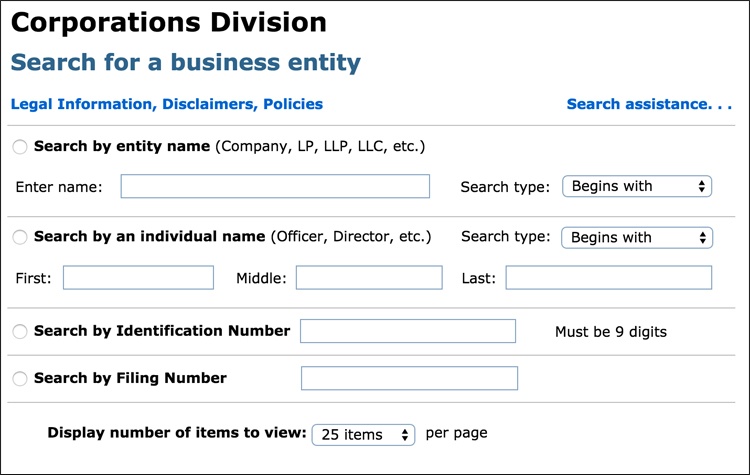Corporate Certificates: What You Need To Know About Good Standing VS Legal Existence
We’re often asked to order corporate certificates, which sometimes leads to questions as to the meaning of different certificates, and how these certificates are used. Understanding what these certificates are for can give perspective and ensure that they are not ordered needlessly. In this article we explain why an attorney may choose one certificate type over another, and what it means for a business.
Whether for Good Standing or Legal Existence, these informational certificates are issued by the Secretary of State office in each state and give a snapshot of an entity at a moment in time. Depending on where the business is located, they may be called a Certificate of Good Standing, a Certificate of Status, or a Certificate of Legal Existence and are used for a variety of reasons.
The most common purpose for these certificates is to support a business transaction. The parties entering into a transaction want to know that the signing entities are duly organized in their respective jurisdictions of organization and are in “good standing”, meaning they have not had their authority to conduct business in the state revoked for any reason. Typically, there will be representations in the major transaction document to this effect, and the closing parties may also request that a Certificate of Good Standing be issued by the corresponding Secretary of State to support the representation.
Some states can have multiple types of certificates, and to the uninitiated it can be confusing to know which type of certificate to order. Massachusetts is one such example. The Massachusetts Secretary of the Commonwealth (“MA SOC”) offers both Certificates of Good Standing and Certificates of Legal Existence. A Certificate of Good Standing states that the entity has not made any filing to terminate its charter or dissolve, that it has filed all required Annual Reports, has paid all fees and is in Good Standing with the office.
A Certificate of Legal Existence states that the entity has not made any filing to terminate its charter or dissolve. The entity retains legal existence, but this certificate doesn’t include a representation that the entity has filed all required Annual Reports and is in good standing. Absent a further inquiry, it is possible that the entity has legal existence, but is delinquent in the filing of Annual Reports.
Once upon a time, practitioners regularly ordered both a Certificate of Good Standing and a Certificate of Legal Existence. That doesn’t happen quite as often anymore. Technically, a company can’t possibly be in good standing if it doesn’t have legal existence, so many recognize the futility of requiring both. Even Good Standing Certificates are required less frequently now that so many records are available online. For example, if the records of a Massachusetts corporation can be checked online, one can confirm whether all Annual Reports have been filed. Therefore, one can independently ascertain that an entity is in good standing without incurring the cost or spending the time to obtain a Certificate from the MA SOC.
An exception to this rule is where one is dealing with a district office of the Land Court. Their recording guidelines provide for instances where one should record a Certificate of Legal Existence and the availability of these are important in that arena. But, in general corporate practice (outside of real estate) in the Commonwealth of Massachusetts, one should consider whether just a Certificate of Good Standing will suffice. Alternatively, in Massachusetts or any other state, one should consider whether any Certificate is needed at all.
Corporate certificates can cause stress because they are frequently requested in the context of a larger transaction without much lead time. If you have questions about when and whether to order a corporate certificate, you can check with the Secretary of State office in your state, or feel free to contact us at Strategic Paralegal Services – we’re happy to help.

